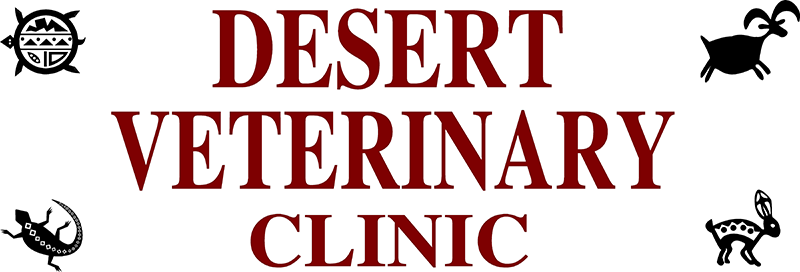Understanding Senior Pet Wellness Care: A Guide for Pet Owners
As our beloved pets age, their healthcare needs evolve significantly. While regular veterinary care is essential for pets of all ages, senior pets require a more tailored approach to ensure they enjoy a healthy, active life in their golden years. Explore the differences between senior pet wellness and regular veterinary care, highlighting the importance of specialized attention for aging pets.
Understanding Senior Pet Wellness Care – Senior pet wellness care focuses on the unique needs of pets typically classified as “senior” — generally those over the age of 7 for dogs and over 10 for cats, though this can vary by breed.
This specialized care includes:
- Comprehensive Health Assessments – Senior pets should undergo more frequent and thorough health evaluations. This includes blood tests, urinalysis , and possibly X-rays to detect underlying health issues such as kidney disease, arthritis, or dental problems early on. Regular assessments help monitor chronic conditions and adjust treatment plans as necessary.
- Dietary Adjustments – As pets age, their dietary needs change. Senior pets often require diets that are lower in calories and higher in specific nutrients to support joint health, digestion, and overall vitality. Your veterinarian can recommend a specialized diet tailored to your senior pet’s needs.
- Pain Management – Many senior pets suffer from arthritis or other chronic pain conditions. A senior wellness program typically includes pain management strategies involving medications , supplements, or alternative therapies such as acupuncture or physical therapy.
- Preventative Measures – Vaccinations, parasite control, and dental care remain important, but the focus shifts slightly to managing the existing health issues more than prevention. Regular dental cleanings can prevent painful dental diseases common in older pets.
- Behavioral Monitoring – Cognitive decline can affect senior pets just as it does humans. Monitoring changes in behavior , such as increased anxiety or confusion, is vital. Your veterinarian can provide resources or treatments to help keep your pet mentally stimulated and comfortable.
Regular Veterinary Care: The Foundation of Pet Health
Regular veterinary care is crucial for pets of all ages, focusing on:
- Routine vaccinations to prevent common diseases
- Annual wellness exams to catch any potential health issues early
- Parasite prevention through regular treatments for fleas, ticks, and worms
- Nutritional guidance for healthy growth and maintenance
For younger pets, the emphasis is often on growth, development, and preventive care, setting the stage for a lifetime of health.
The Importance of Transitioning to Senior Care – Recognizing when your pet becomes a senior is essential. The transition to senior pet wellness care involves adjusting the frequency and type of veterinary visits, allowing for proactive management of their health. The goal is to ensure your aging pet remains as active, healthy, and comfortable as possible.
Conclusion – Caring for a senior pet is a rewarding experience that requires understanding and commitment. By transitioning from regular veterinary care to a senior wellness program, you can provide your furry friend with the tailored care they need to thrive in their golden years. If you haven’t yet scheduled a wellness appointment for your senior pet, now is the perfect time! Contact us today to ensure your pet receives the best care possible—because they deserve it.
